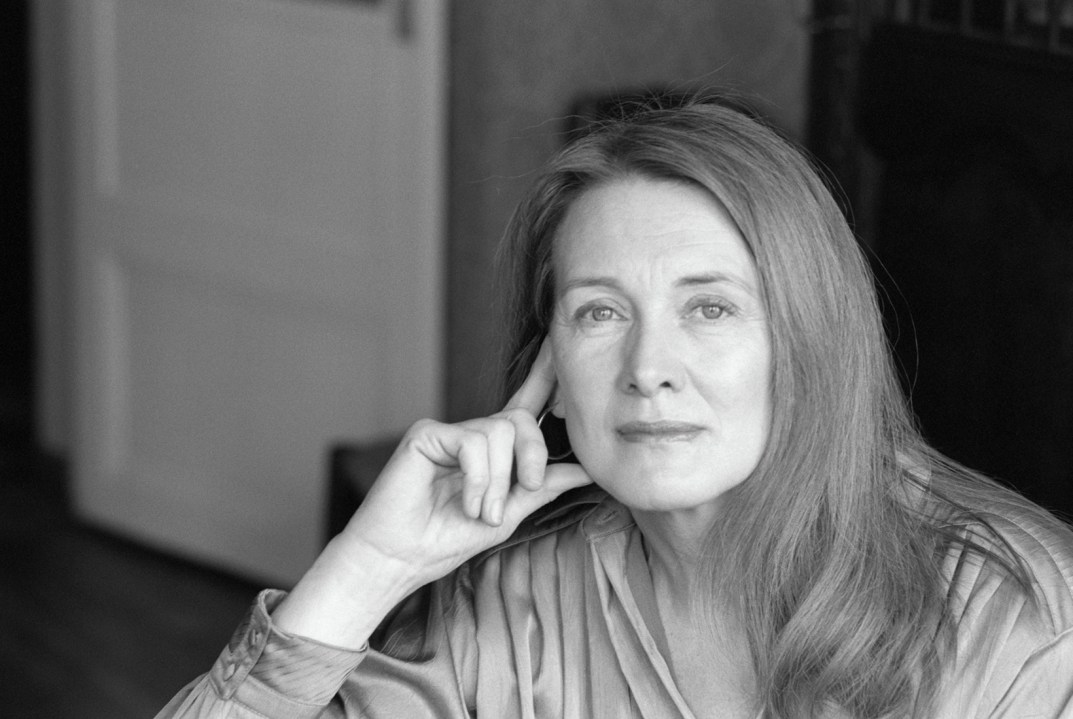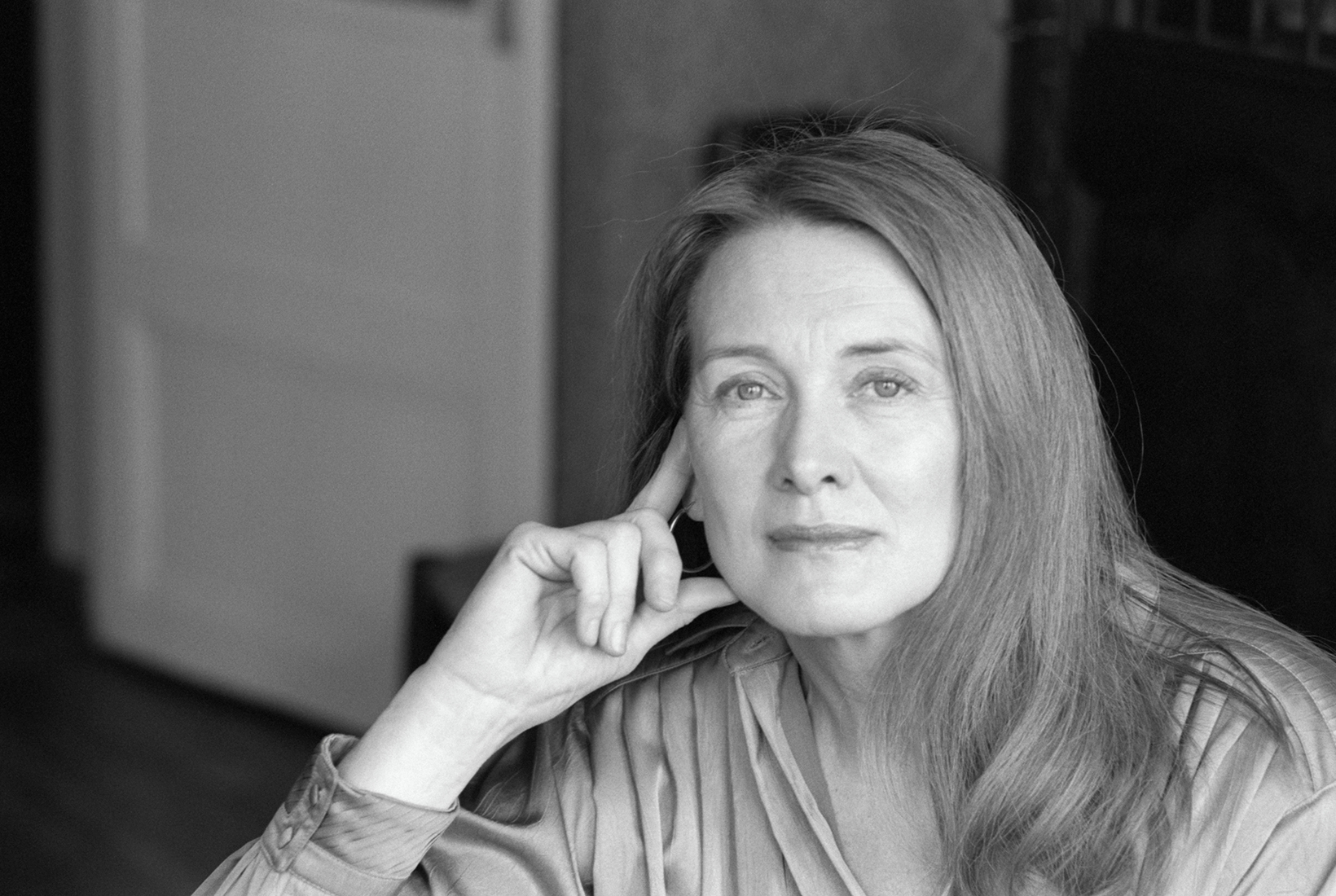How can you recover the teenage girl you were? Not just recall the memories and recount the events — this dress worn at that party, the taste of that alcohol on this boy’s mouth — but restore the world in which these things took place, and the self who acted and was acted upon. Is it possible to be your own Orpheus and yank the Eurydice of your former self from the underworld of forgetting? This is the problem that Annie Ernaux sets herself in this slim, transfixing memoir of young adulthood and first sexual experience.
It’s 2014 and Ernaux is looking at a picture. The picture was taken in 1958 and the girl in it is 17. The girl is Ernaux, and also she isn’t. For Ernaux to be the girl in the picture, she would (among other things) have to be able to ‘dream of going to a real party – a sur pat – at last!’, ‘support the continuation of French Algeria’, ‘feel my mother’s grey eyes follow me everywhere’, ‘not yet have read Beauvoir, Proust or Virginia Woolf’. She would have to feel, really feel, the ‘immeasurable significance of the loss of one’s virginity’ as it was in 1950s France.
Is it possible to be your own Orpheus and yank the Eurydice of your former self from the underworld of forgetting?
Above all, she would have to be ignorant ‘with regard to my own history and that of the world’. So the girl is not Ernaux; she is instead ‘a stranger who imparted her memory to me’, which is a gorgeously precise description of the hazy relations between identity and time. (The translation, by Alison L. Strayer, is lucid and elegant.) The self is a narrative project, and without remembrance it ceases to exist. But everything that happens to the self changes the self.








Comments
Join the debate for just £1 a month
Be part of the conversation with other Spectator readers by getting your first three months for £3.
UNLOCK ACCESS Just £1 a monthAlready a subscriber? Log in